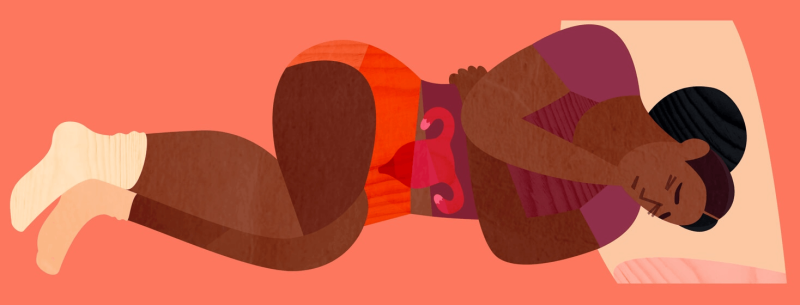When Celenise Mahmood first learned about two new gene therapies that could cure sickle cell disease, she felt a wave of relief.
Her 9-year-old son, Navid, has the inherited blood disorder. By age 5, he’d had over 30 life-saving blood transfusions. He has also lost hearing in his left ear. Though he’s too young to get the treatments now — eligible patients must be 12 or older — Celenise began to imagine a brighter future for him.
But then she learned about a significant drawback: Patients who undergo the therapies must take a toxic drug that can leave them infertile. Unless they’re able to freeze their reproductive cells, a costly proposition, they’re forced to choose between freedom from a painful lifelong condition and having children someday.
Now, under a new plan from the Biden administration, many people with the blood disorder would no longer face that difficult decision.
The main goal of the plan, which was announced in January, is to help states pay for gene therapies, which have steep prices that can strain limited state budgets. But it also requires drugmakers to pay for fertility preservation services for people on Medicaid who get their treatments.
…
A Vertex spokeswoman said it’s “working with urgency” to provide fertility services for government-insured patients that get its treatment, “with the goal of providing equal support for all patients regardless of insurance.”































